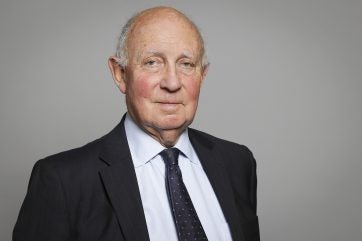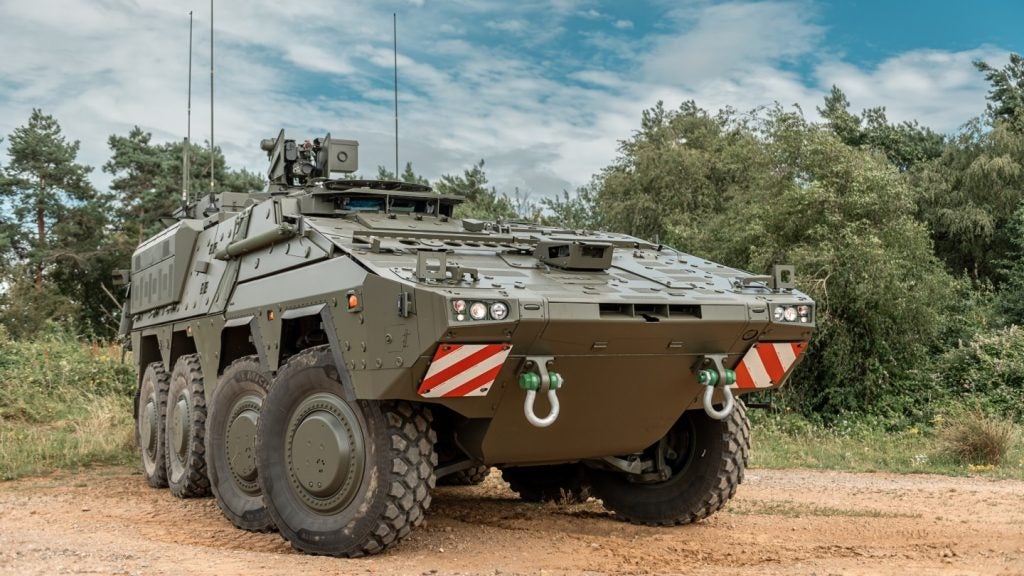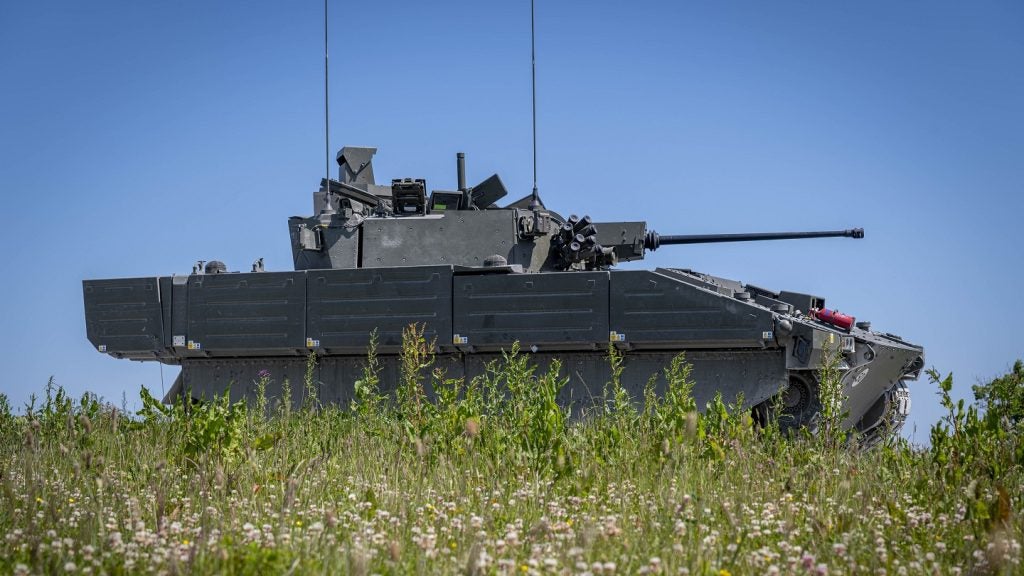
Army Technology interviewed Lord David Hannay following the release of a House of Lords European Affairs Committee report, into the joint response of the UK and EU to the invasion of Russian into Ukraine, published on 31 January 2024, with the report finding that Russian efforts to circumvent sanctions has resulted in a troubling degree of latitude for the rogue state.
The report finds that the UK and EU must continue with support for Ukraine, and sanctions on Russia, for as long as it takes to reverse the effects of Putin’s aggression, and that any reduction in US support could leave Europe badly exposed, with the the UK and EU likely to take on more burden.
Lord Hannay, as well as sitting on the House of Lords European Affairs Committee, is a British diplomat who served as the UK Permanent Representative to the European Union from 1985-1990, and as the UK Permanent Representative to the the United Nations from 1990-1995.
Andrew Salerno-Garthwaite: How did the report address the EU and UK sanctions policy against Russia?
Lord Hannay: The EU and UK effectively implemented substantial and rapid sanctions against Russia. However, concerns arose about Russia circumventing these sanctions through third countries like the UAE, Turkey, and some Central Asian countries. We questioned the effectiveness of the UK and EU working together to address this issue. We concluded that unity between the UK and EU is crucial for the effectiveness of these sanctions.
Andrew Salerno-Garthwaite: What specific areas need more structured foreign policy cooperation between the UK and the EU?
Lord Hannay: We identified a need for more structured cooperation across a range of foreign policy and security issues, including sanctions. The UK and EU have closely aligned interests, particularly regarding China. We emphasised the need for a framework to discuss complex issues and the importance of cooperation in security and defence.
We also thought that it would be a good thing if Britain could make an administrative arrangement with the European Defence Agency. That’s something that the Americans and the Canadians and the Norwegians have done. We don’t quite understand why Britain hasn’t done it too. And we suggested that we ought to. It’s not something that actually costs a lot of money. It’s just a system by which we talk to each other about what each other is doing, in the defence procurement field.
Andrew Salerno-Garthwaite: Could the E3 format between the UK, France, and Germany be extended for wider policy coordination?
Lord Hannay: Yes, this format has been effective for relations with Iran and could be applied to other issues. We certainly don’t think that any British government of the day should ignore the possibilities of very close cooperation with France and Germany, particularly considering France’s role in the UN Security Council.
Andrew Salerno-Garthwaite: Did the report consider the potential impact of the US presidential election on Ukraine?
Lord Hannay: No, we didn’t go into that in detail, but we were perfectly well aware of it, and understood that it could be quite a big difference as to whether Trump or Biden is elected. Regardless of the election outcome, closer UK-EU cooperation is desirable. Clearly, the Biden administration has been extremely supportive of the idea, as evident in Nato strategies. We think that we’d be pushing an open door as far as a second Biden administration is concerned. Obviously, a second Trump administration is more open to doubt as to what the actions an incoming president might take with regard to Nato.
Andrew Salerno-Garthwaite: How has the Ukraine conflict impacted the security dynamics of the region?
Lord Hannay: It’s upended everything. I mean, we’re living in a different world from the world before the 24th of February, 2022. It’s as simple as that. All the structures that were built up in the 1990s, after the end of the Cold War, the Conventional Forces agreements, the Intermediate Nuclear Weapons agreements, the Paris Charter on how Europeans, including Russia, were going to behave towards each other, all those were ripped up by President Putin when he invaded Ukraine. Putin’s language, and what he says, implies that he is trying to construct quite a different world, in which the rules that were agreed after the end of the Cold War are treated as if they didn’t exist.
This interview has been edited and abridged for brevity and concision.







